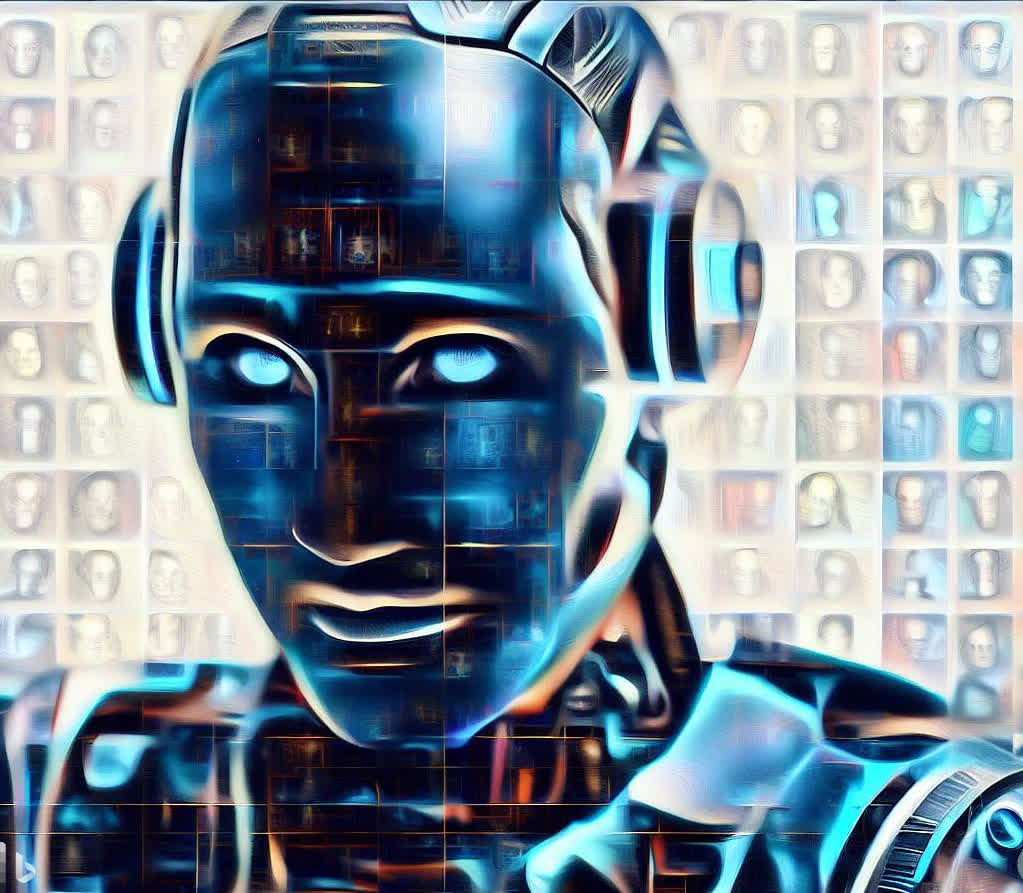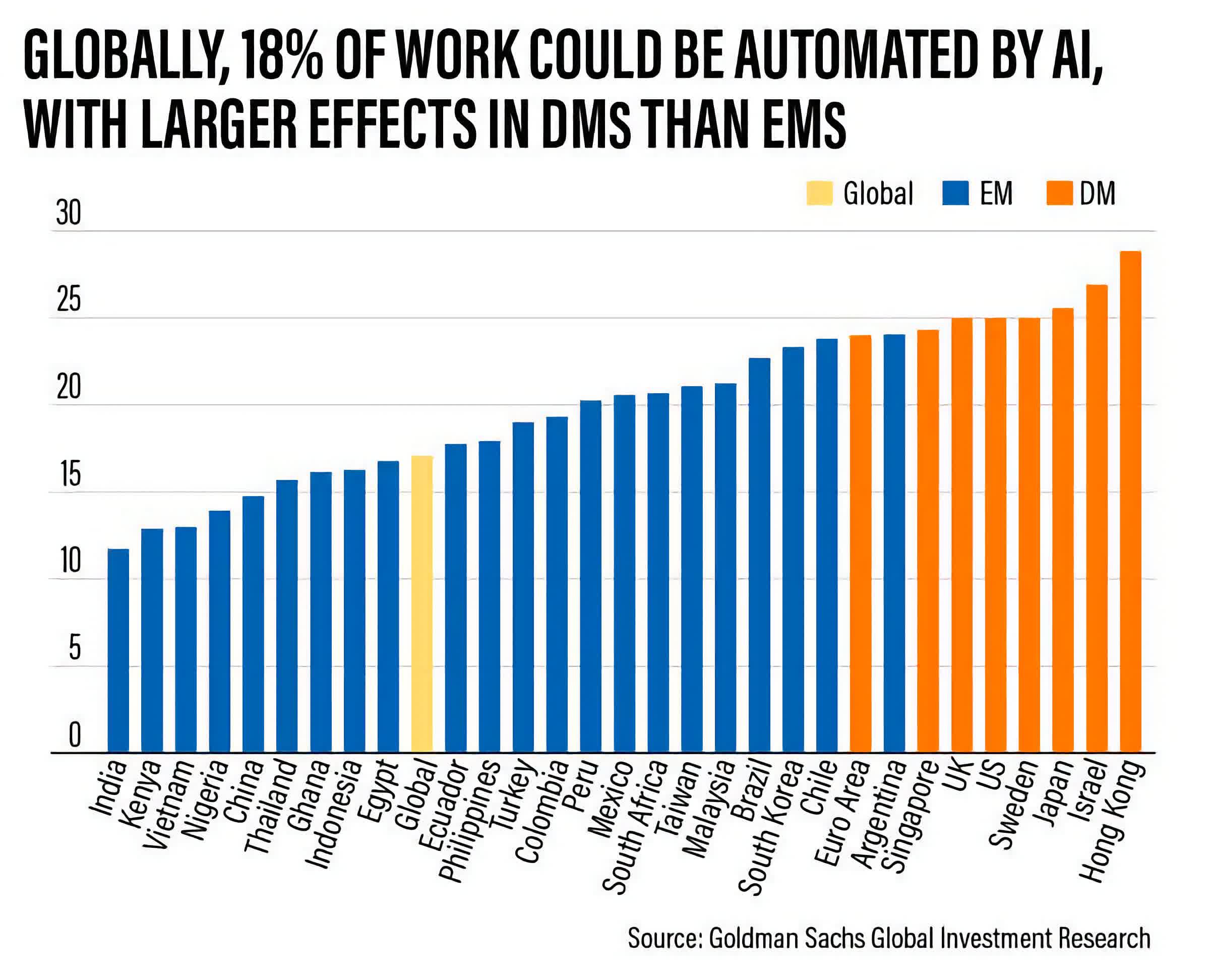A hot potato: The rise of generative AIs such as ChatGPT looks set to revolutionize many industries, but as with any type of automation, it comes at the cost of jobs. According to research by bank Goldman Sachs, these systems could replace a quarter of work tasks in the US and Europe, the equivalent of 300 million jobs.
There's a lot of excitement around the potential uses of generative AI. From Microsoft to Meta, companies are rushing to integrate these systems into their services. They're also putting many people at risk of being laid off, with administrative staff and lawyers most likely to be replaced.
Goldman Sachs' prediction that the likes of ChatGPT could affect 300 million jobs is a grim one. The bank does offer some good news, though, claiming that the generative AIs would cause a productivity boom that could raise annual global gross domestic product by 7% over a 10-year period.
A rise in GDP is unlikely to appease all the people ChatGPT makes unemployed, of course. Goldman Sachs admits that the technology could cause "significant disruption" across big economies. Joseph Briggs and Devesh Kodnani, the paper's authors, say nearly two-thirds of jobs in the US and Europe are exposed to some degree of AI automation.
Globally, 18% of work could be automated by AI, with developed countries impacted more than emerging markets.
A more optimistic part of the report predicts that around 63% of the US workforce will see 25% to 50% of their workload become automated and likely continue in their positions. The work done by generative AIs could give them extra time to focus on more productive tasks, like looking for another job where they're less likely to be fired. The paper states that those who work in physical or outdoor jobs such as construction and maintenance are unlikely to be impacted by generative AI, though they are at risk from other forms of automation.
About 7% of workers in jobs where generative AI could perform at least half their daily tasks are vulnerable to replacement.
"Although the impact of AI will ultimately depend on its capability and adoption timeline, this estimate highlights the enormous economic potential of generative AI if it delivers on its promise," said Goldman Sachs.
OpenAI, the creator of ChatGPT, thinks generative AI could impact even more jobs than Goldman Sachs predicts. It wrote in a paper that 80% of the US workforce could see at least 10% of their tasks performed by these systems.
In addition to job losses, organizations including Europol and the UK's National Cyber Security Centre (NCSC) have warned of the criminal applications presented by generative AIs, from writing malware to creating mass phishing campaigns.
https://www.techspot.com/news/98119-generative-ais-like-chatgpt-could-affect-300-million.html

